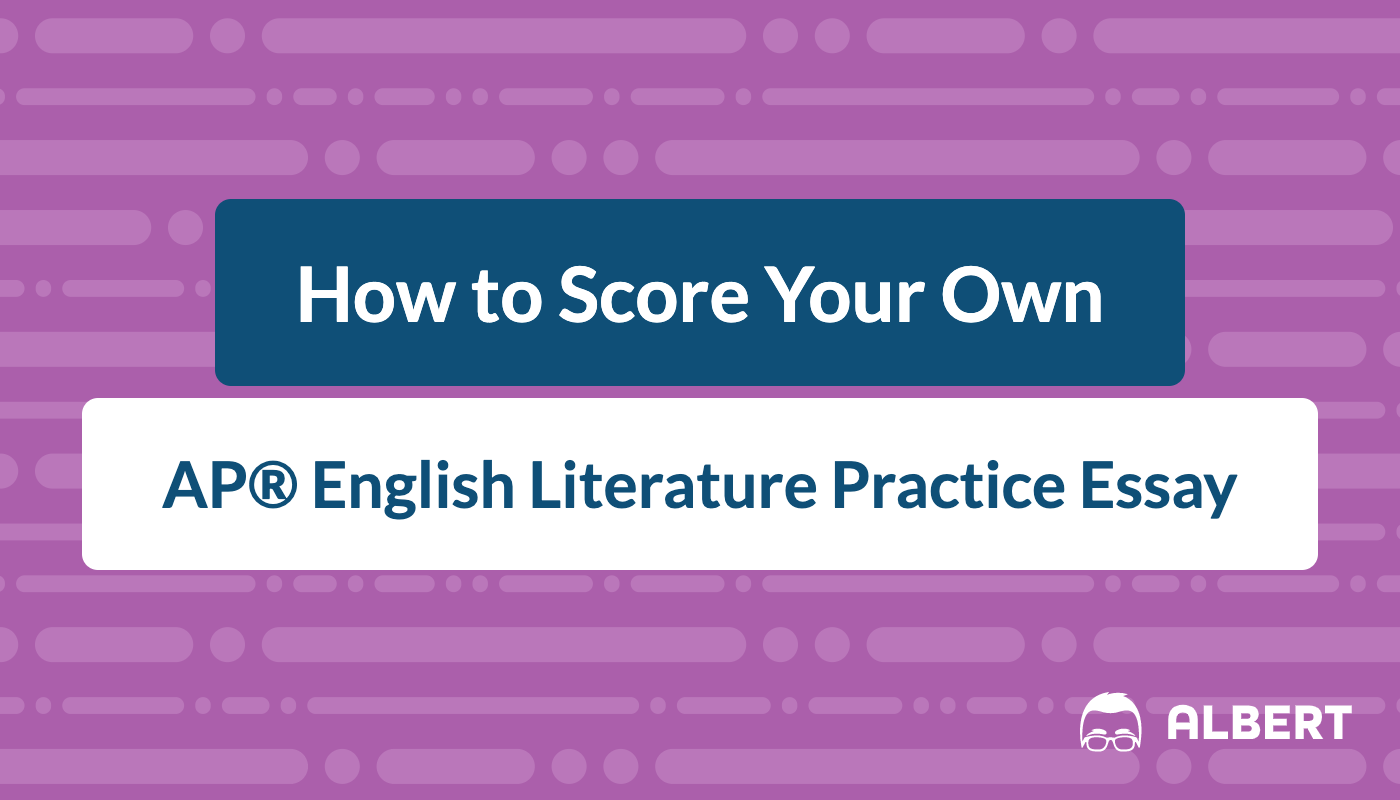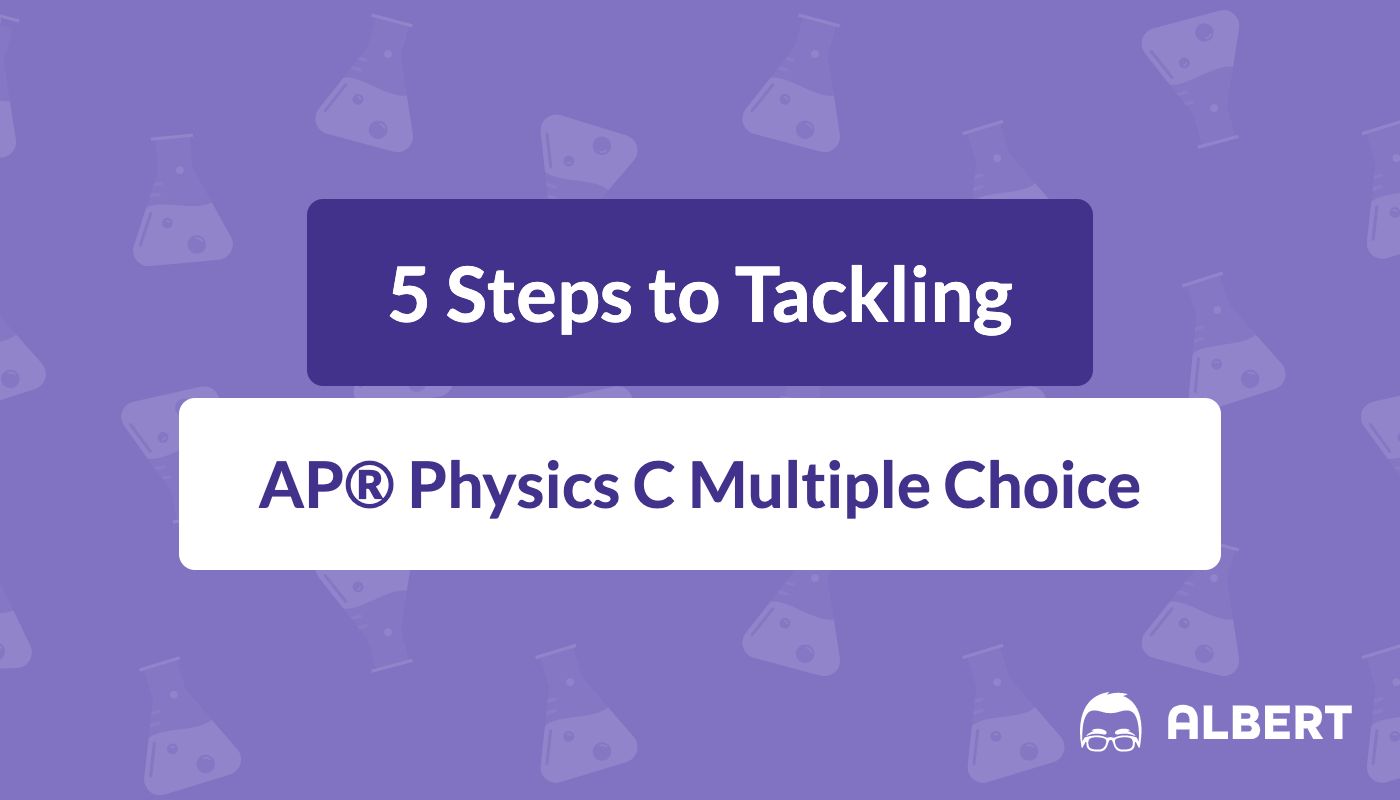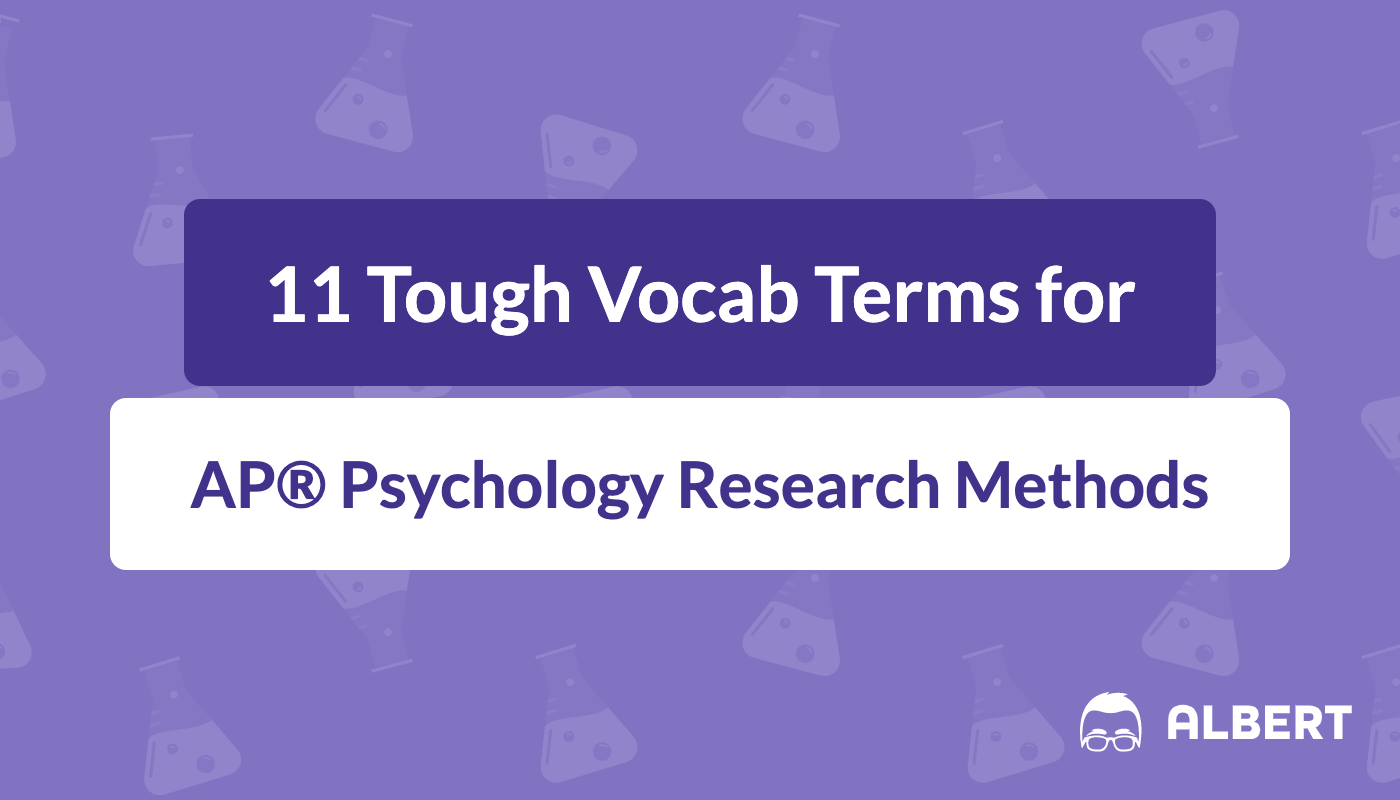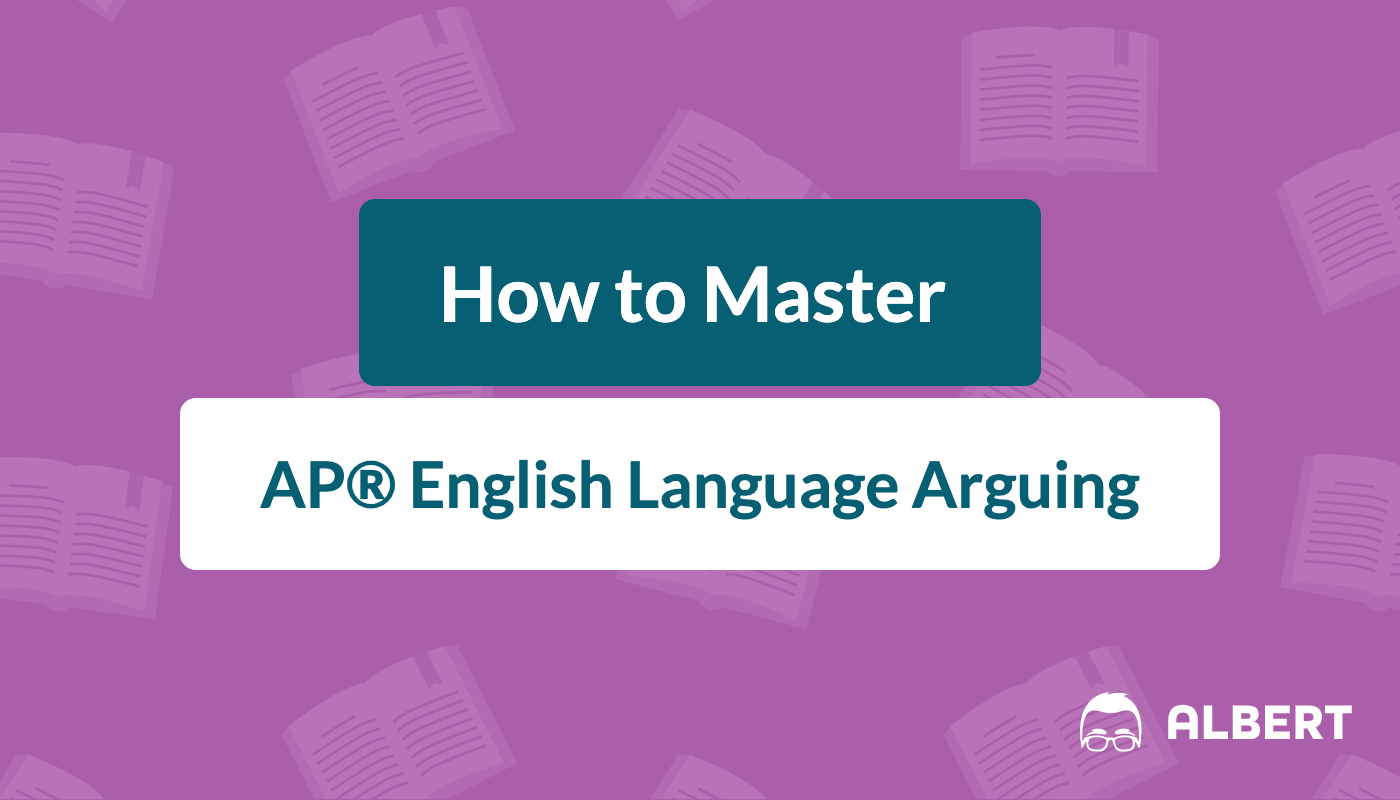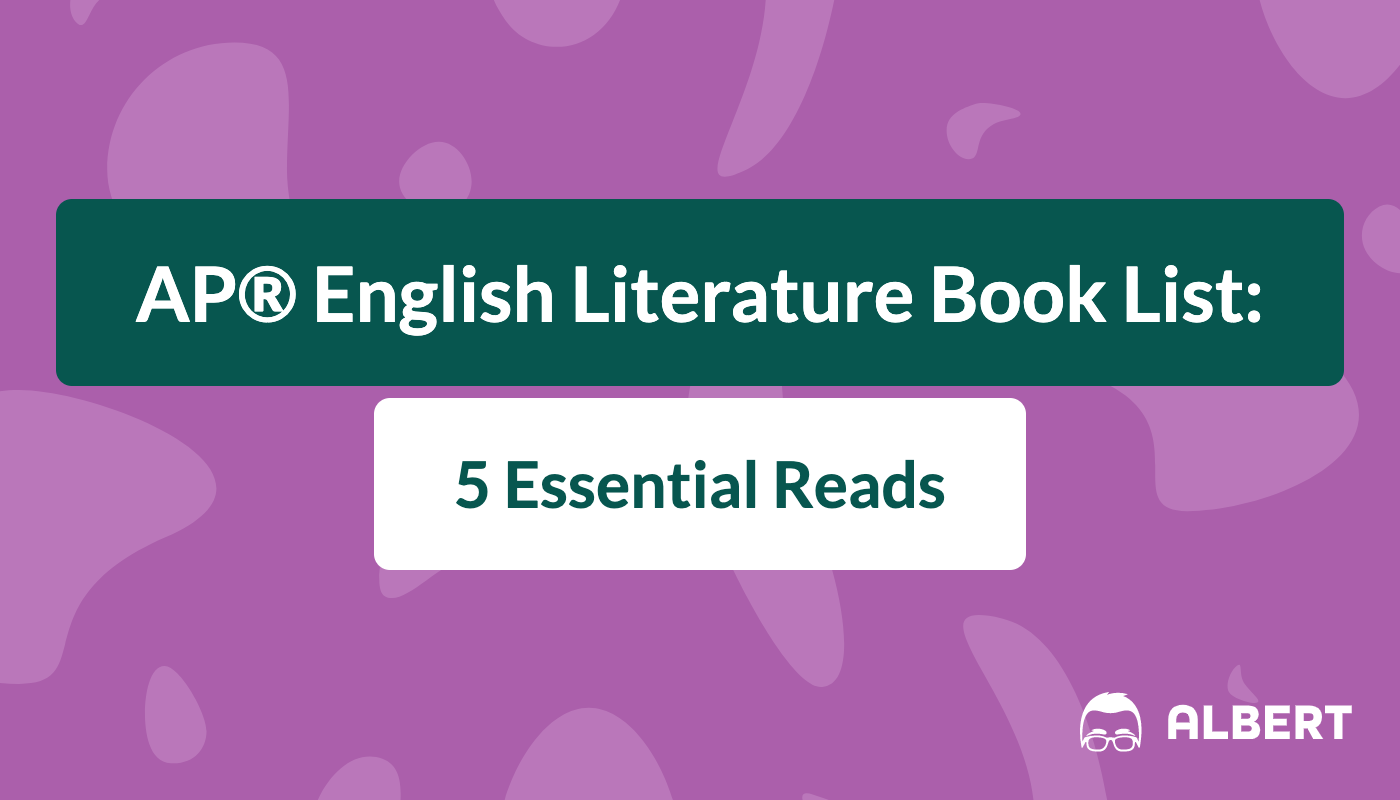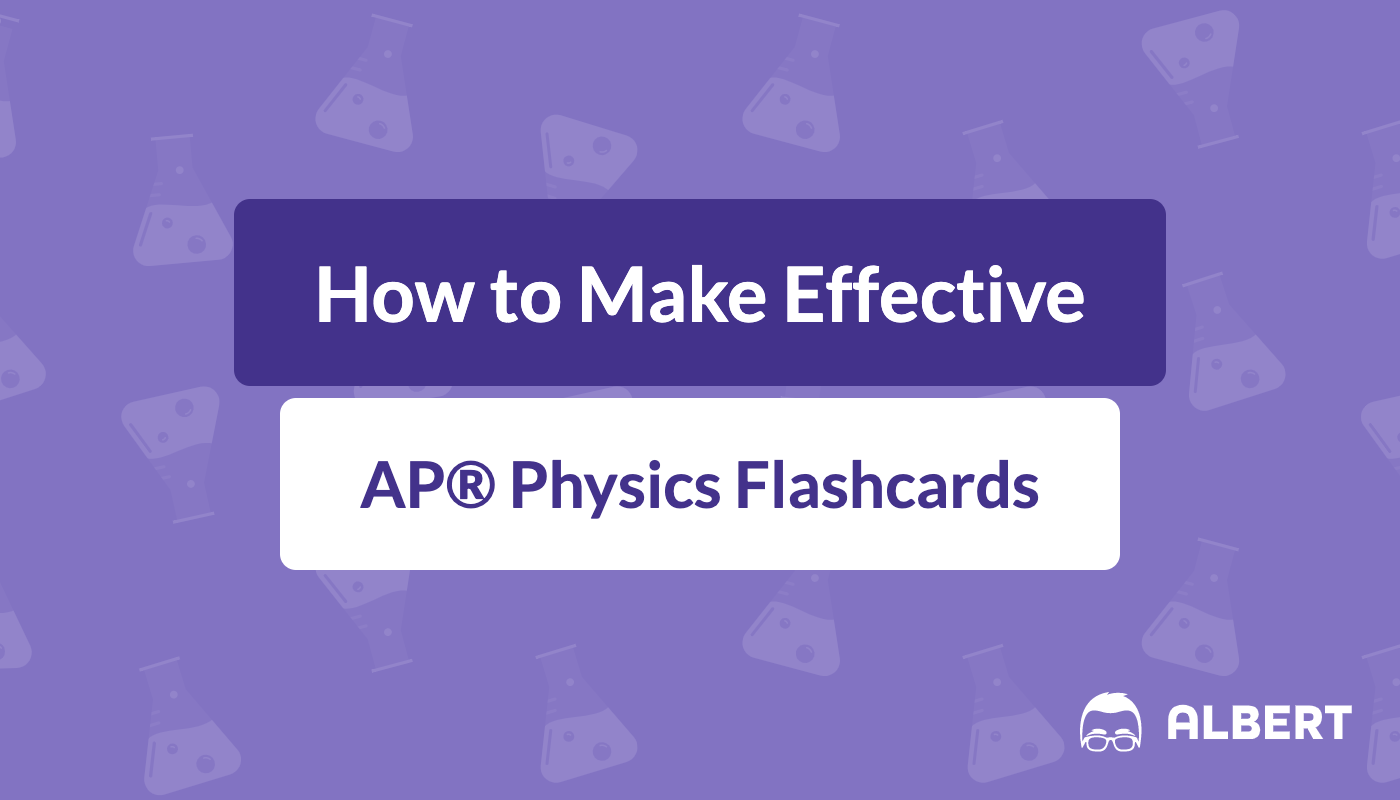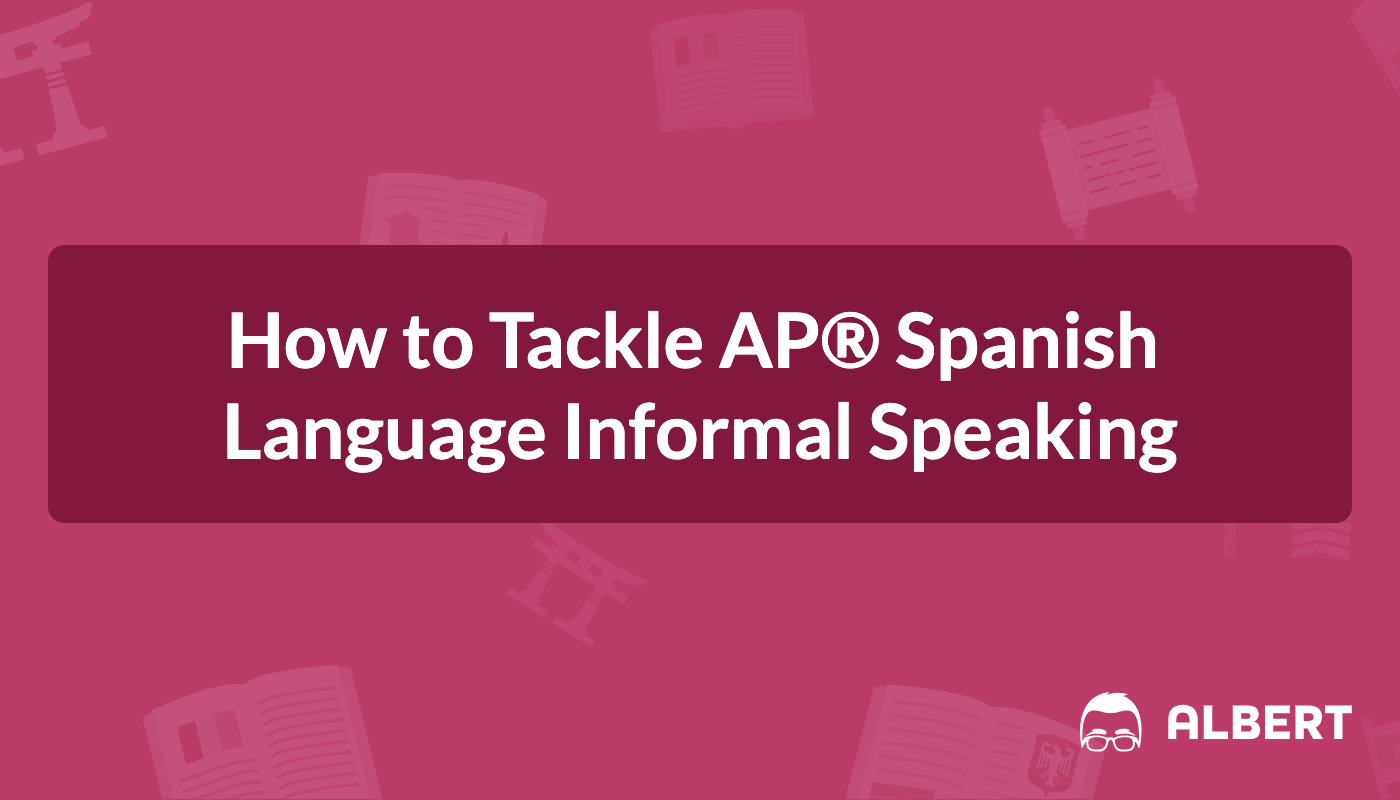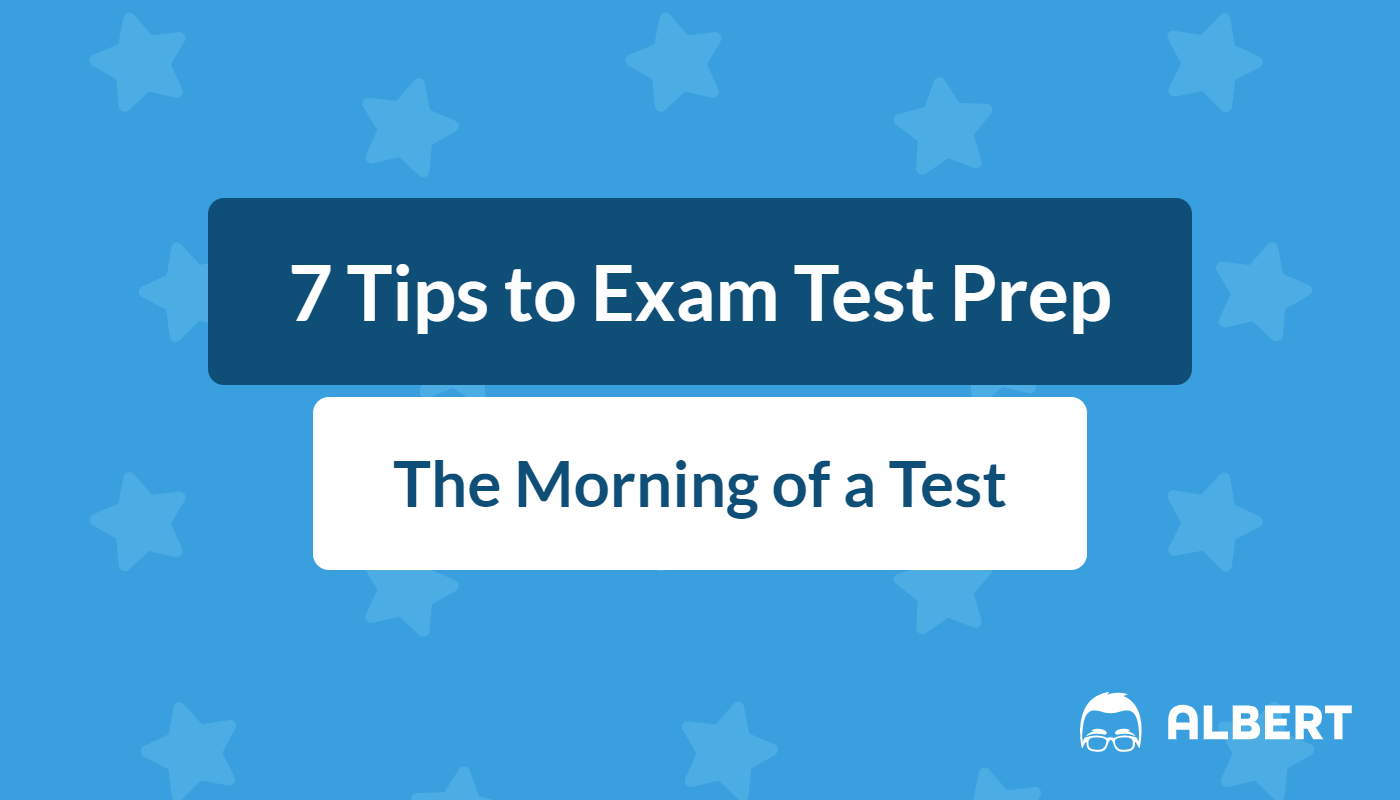How to Score Your Own AP® English Literature Practice Essay
Part of effectively preparing for the free response section of the AP® English Literature exam is accepting at least this one old truism: practice makes perfect. However, you can up the ante by adding just one more word to that statement. In truth, perfect practice makes perfect.

